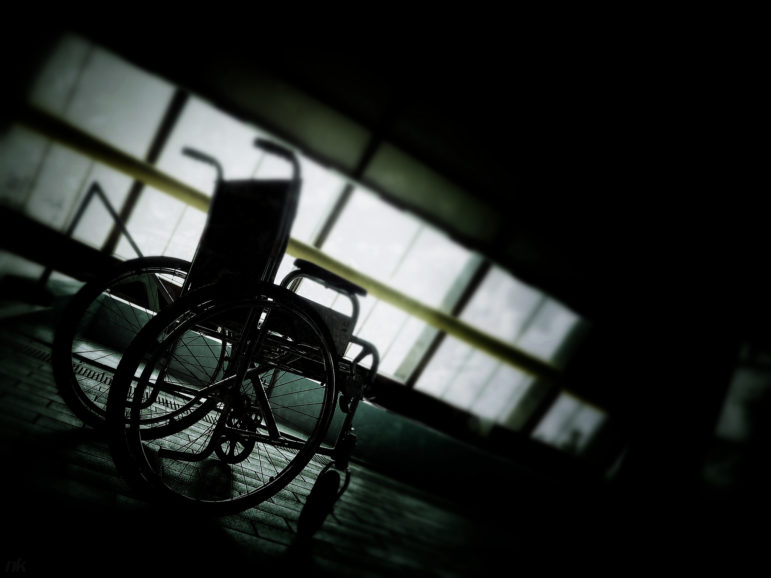We are proud to announce the launch of the CREATIVE CARE COUNCIL! LEARN MORE
We are proud to announce the launch of the CREATIVE CARE COUNCIL! LEARN MORE

This piece first appeared in City Limits on March 18, 2019. Read the original there.
The New York Health Act has made two significant strides this year. On February 11, the bill was amended to include universal long-term care. On February 27, the NYHA passed the Assembly Health Committee. That’s good news for all New Yorkers – but especially for women. As March is Women’s History Month, it’s important to bring issues of women across the lifespan to the forefront.
The bill would provide universal healthcare coverage, including home care and long-term care, for every New York resident.
Home care and long-term care coverage will fill a gap in care that is hurting women. Family caregivers (who are mostly women) across New York State provide $31 billion of free care each year. Here in New York City, around 1 million residents are currently caregivers for older people and people with dementia.
Nationally, Latina family caregivers spend 44 percent of their annual income providing caregiving services, while Black family caregivers spend 34 percent of their income. The New York Health Act will be game changer: Families will no longer need to spend down a generation of savings in order to support their loved ones, or face the impossible choice of keeping their job to pay the bills or caring for their loved ones.
The New York Health Act makes financial sense. According to a recent RAND Corporation study, even with the addition of long-term care, the New York Health Act would cost less than what is being spent under our existing healthcare system. Not only is this the right thing to do, it is the only fiscally responsible, common-sense choice.
For too long, we’ve allowed healthcare companies to earn billions, while families throughout the state struggle to pay for doctor visits and medication. A healthcare system that guarantees long-term care coverage would help ease the financial burden for thousands of families and create thousands of jobs, all while dramatically improving the experience for those who receive and provide care.
Anyone who’s provided care for an aging or disabled loved one knows that it can be exhausting, painful and, at times, heartbreaking. The experience is often compounded by the confusion, expense, and feelings of isolation when health care companies batter you with refusals of care and expensive medical bills. Every day, families gather around the kitchen table to make impossible choices. Do I need to quit my job in order to provide support to the love of my life, my husband or wife? How will I afford college for my children and care for my parents?
Over the past year, political momentum has caught up with this reality: Candidates for president, Congress, governor, and state legislatures are staking out positions in favor of Medicare for All single-payer health care as a policy demand, and not merely an aspirational concept.
But even as our policymakers shift to embrace single-payer healthcare, long-term care and the needs of caregiving families are often forgotten or presented as an afterthought. This is where age justice and women’s rights over the lifespan meet.
That’s why so many older New Yorkers, caregivers, people with disabilities, and women were thrilled to see the New York Health Act reintroduced with a universal long-term care benefit. Long-term care, which is not covered by Medicare, allows older adults and people with disabilities to have the choice to stay in their homes with independence. It also is the fastest-growing occupational sector in the state, and its inclusion in New York’s single-payer bill would create tens of thousands of badly needed care jobs.
Throughout New York, hundreds of thousands of professional caregivers ensure that older adults and people with disabilities can live independently in their own homes, yet these workers often don’t make enough to feed their own families. Most professional caregivers are women, many are women of color or immigrants, and they are a constituency that will truly benefit from the New York Health Act.
We want a future where people are healthier and more financially stable, and where we actually support the women and caregivers who show up for us every day. It’s time our healthcare system shows up for them. Passing the New York Health Act with the inclusion of long-term care will lead to the creation of a 21st century care infrastructure for all older New Yorkers, family caregivers, people with disabilities, and home-care workers. That’s a legacy legislators, women, and all New Yorkers can be proud of.